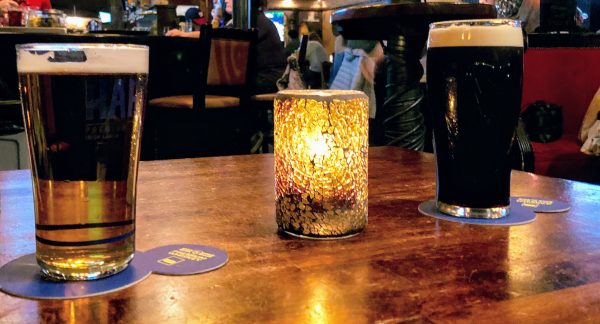
If a woman brewed your beer, would you like it less? Sociologists Elise Tak, Shelley Correll, and Sarah Soule suggest that you might, but only if you don’t have another way to judge its quality. We know that systemic gender bias occurs in many institutions, such as the military, academia, and science. This new research shows that not only do women occupy a lower status in society, but this low status can be passed on to the products that they make.
The researchers performed two online experiments to see how people evaluate male- and female-created products in two highly gendered markets: craft beer and cupcakes. In each experiment, participants read a label that identified the brewer’s or baker’s gender and whether the product had won an award. After reading the label, the participants rated the overall quality of the beer or cupcake.
As predicted, participants discriminated against female brewers. Among non-award-winning beers, participants judged the product quality to be greater if it was brewed by a man. However, there was no gender discrimination among award-winning beers. This is because female-brewed beer received a large boost in perceived quality if it won an award, while male-produced beer was viewed as high-quality regardless of recognition.
A woman faces challenges when she enters a male-dominated field, though the reverse is not generally true. This same principle held up in the experimental cupcake market. Male cupcake bakers experienced no disadvantage. The baker’s gender did not influence how raters perceived the quality of the cupcake, and award recognition gave an equal boost to male- and female-made products.
This study reveals when and how the lower status given to women transfers to the products they make. Female entrepreneurs must pass a high bar if they want to enter traditionally masculine fields, while men who make traditionally feminine products are given the benefit of the doubt. Importantly, this double standard did not vary by the rater’s gender. Both men and women gave lower ratings to female-brewed beer, showing how these gendered assumptions are part of the larger social structure.
However, the authors also note the power of external recognition to undo the bias against female-made products in male-dominated fields. Tak, Correll, and Soule suggest that if consumers are given more status markers to judge the quality of a product, they will rely less on gendered cues. Dismantling gender bias in awards might help alleviate gender bias in consumption.

Comments